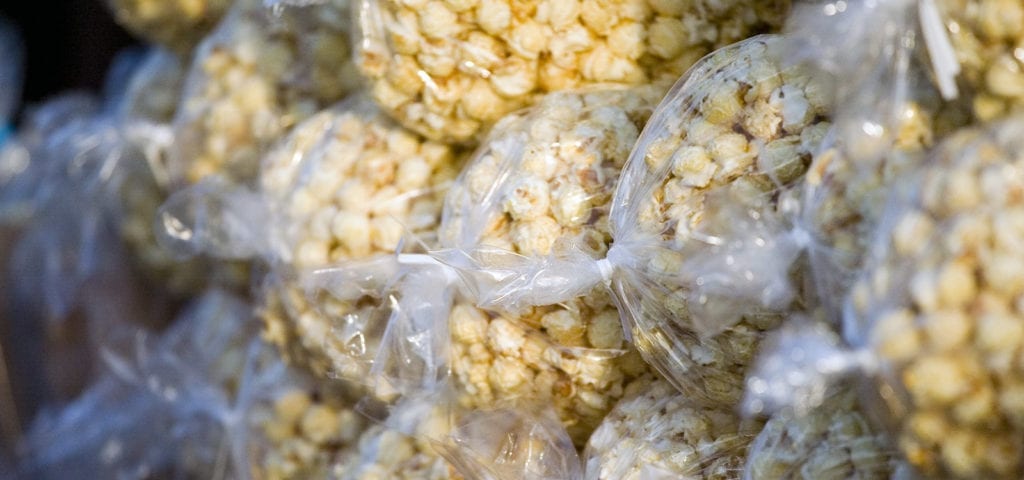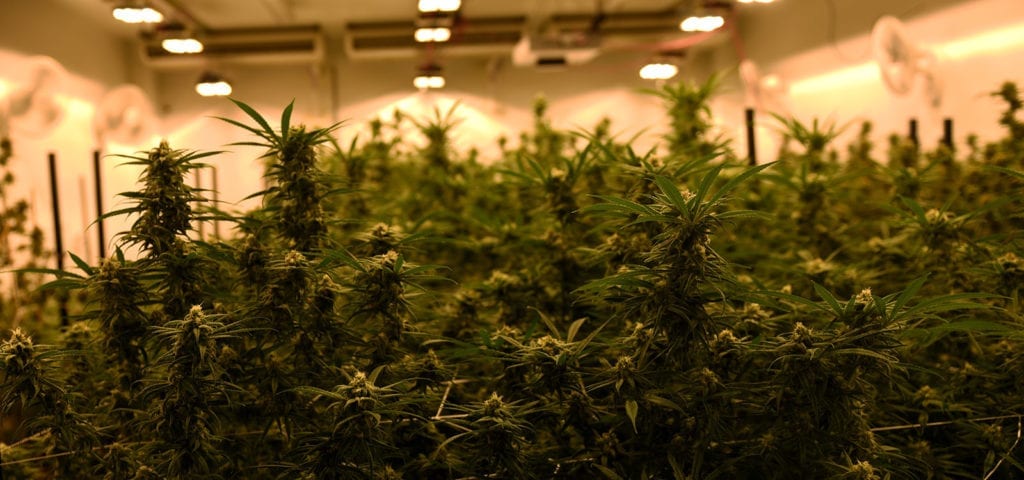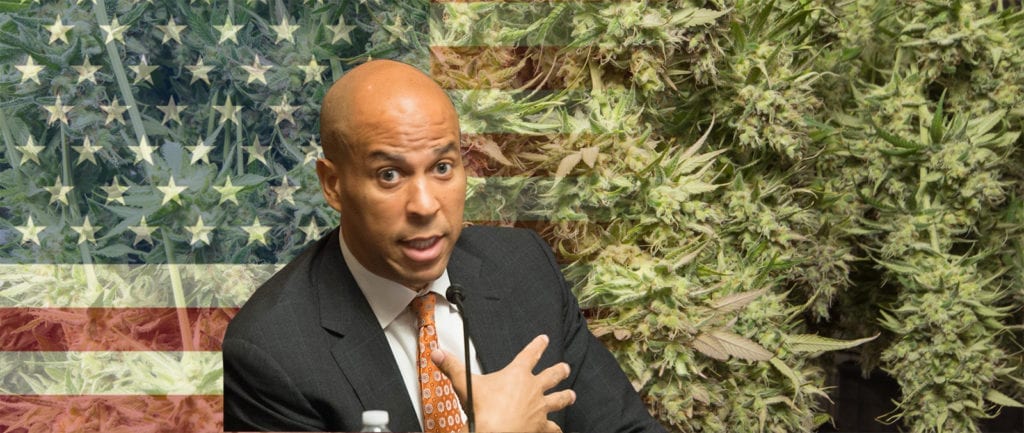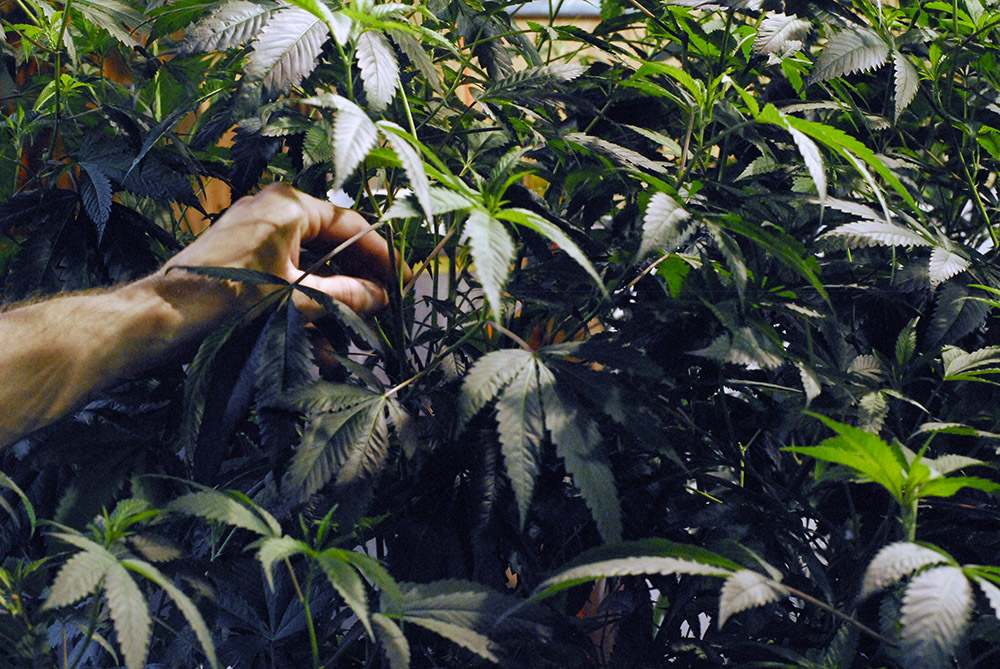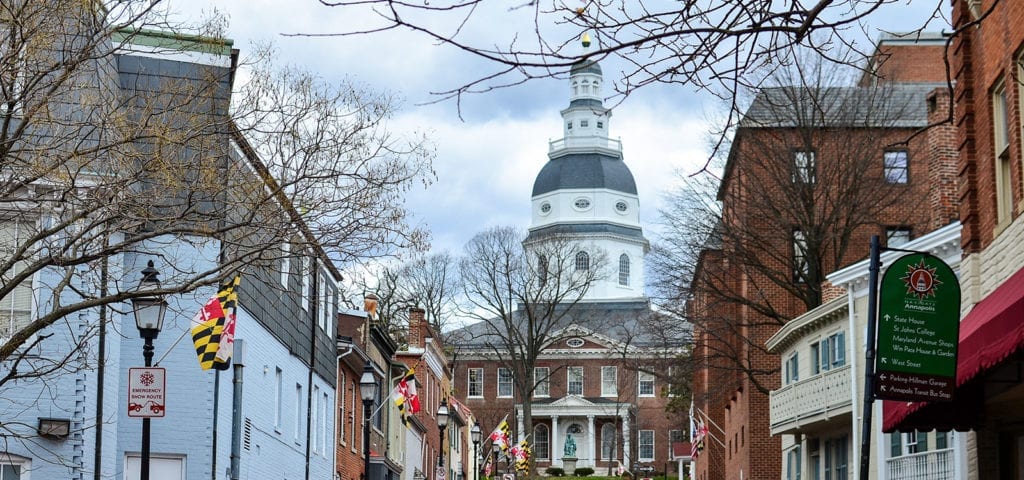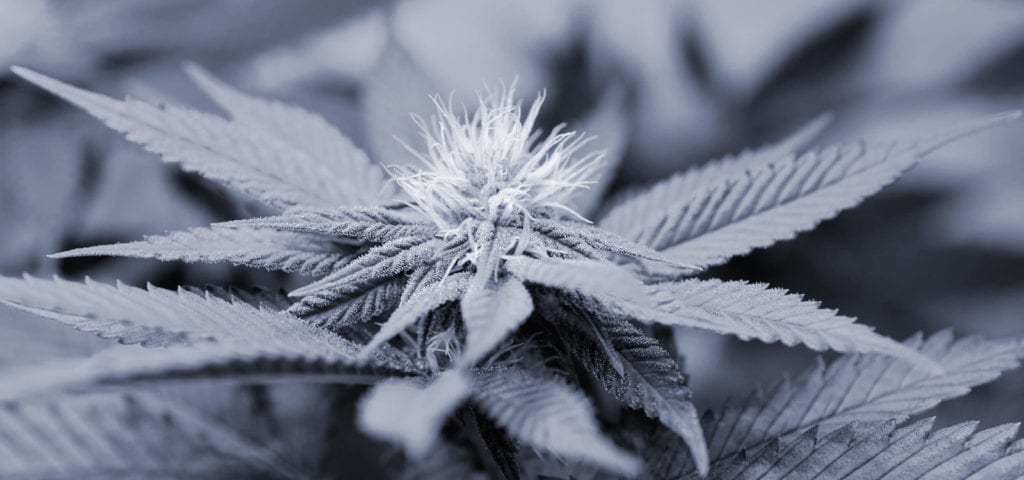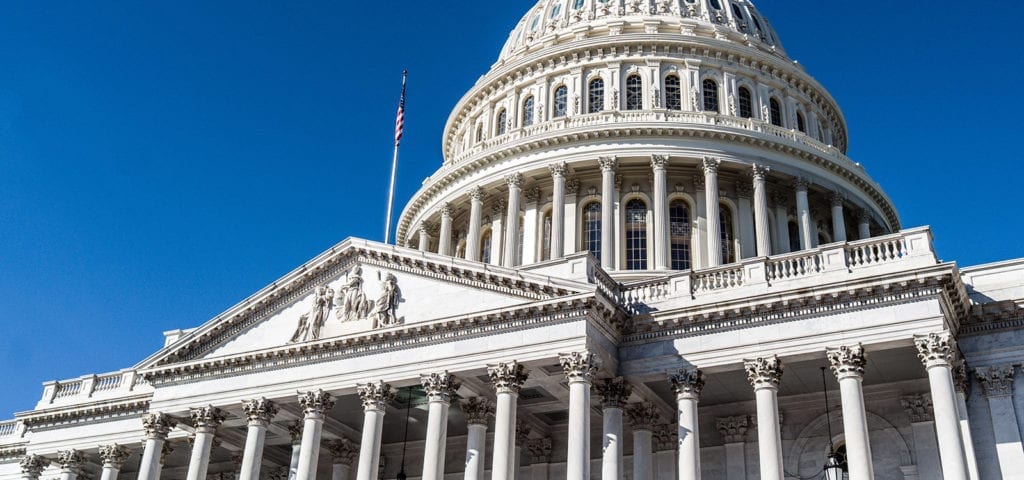Last week, advocates and cannabis industry operators were expecting an explosive report from the Department of Justice Task Force on Crime and Public Safety – but the report was never made public. Instead, Attorney General Jeff Sessions released a statement outlining the work of the task force explaining that he had been given a report, and would review the task force’s recommendations.
On Tuesday, Sen. Ron Wyden, whose home state of Oregon has legalized the use and sale of cannabis, sent a letter to Sessions pressing him to make those recommendations public.
“The American people have a right to know the basis for enforcement policy changes made by the Department of Justice,” he wrote. “… These DOJ decisions could have dramatic and wide ranging consequences for Americans’ daily lives.”
In the letter, Wyden expressed concern “about the secrecy shrouding the recommendations provided to [Sessions] by the task force’s marijuana subcommittee. He notes an April memo in which Sessions singles out cannabis policy, worrying that, combined with Sessions’ past statements on legalized cannabis, the DOJ could use the report to “justify federal actions that undermine states’ rights to set their own marijuana laws.”
“The citizens of Oregon voted to legalize medical and recreational marijuana, and it is not the role of the Attorney General to unilaterally undermine the will of Oregon voters on the basis of uncorroborated claims and furtive recommendations made by a task force shielded from public input and scrutiny,” Wyden says in the letter.
The senator concludes by asking Sessions why he has not released the recommendations. Wyden also asks Sessions to provide him with copies of the report if he does not plan on releasing it publicly.
End

